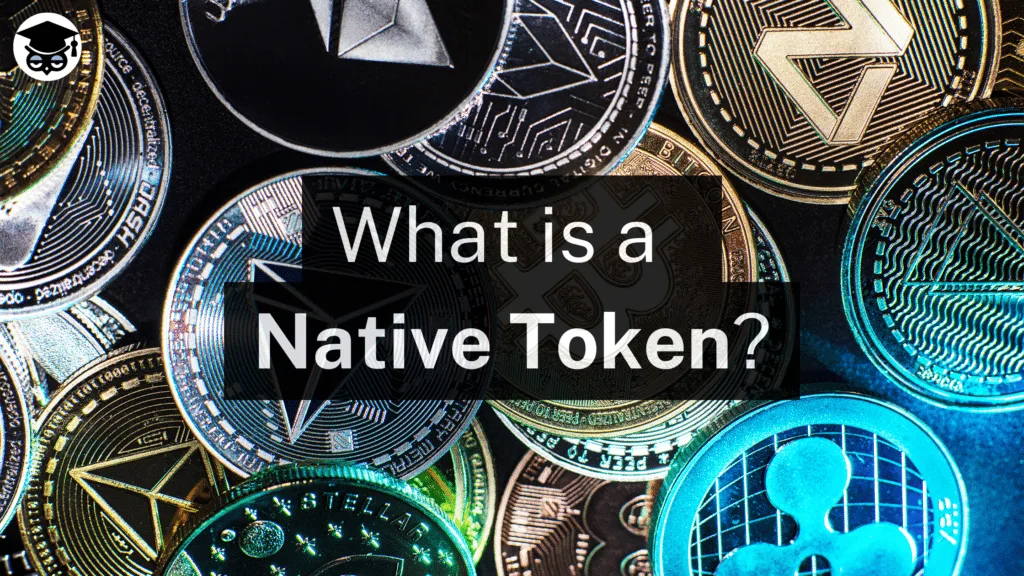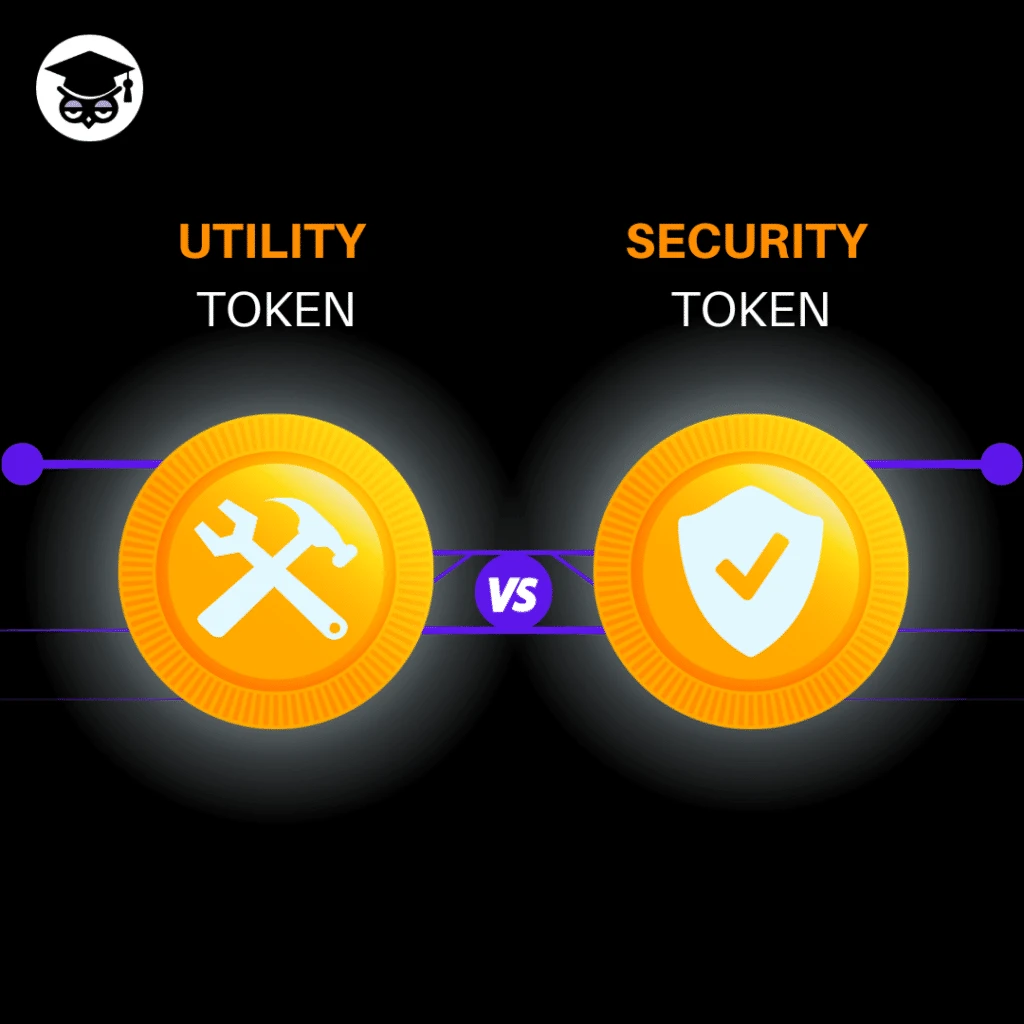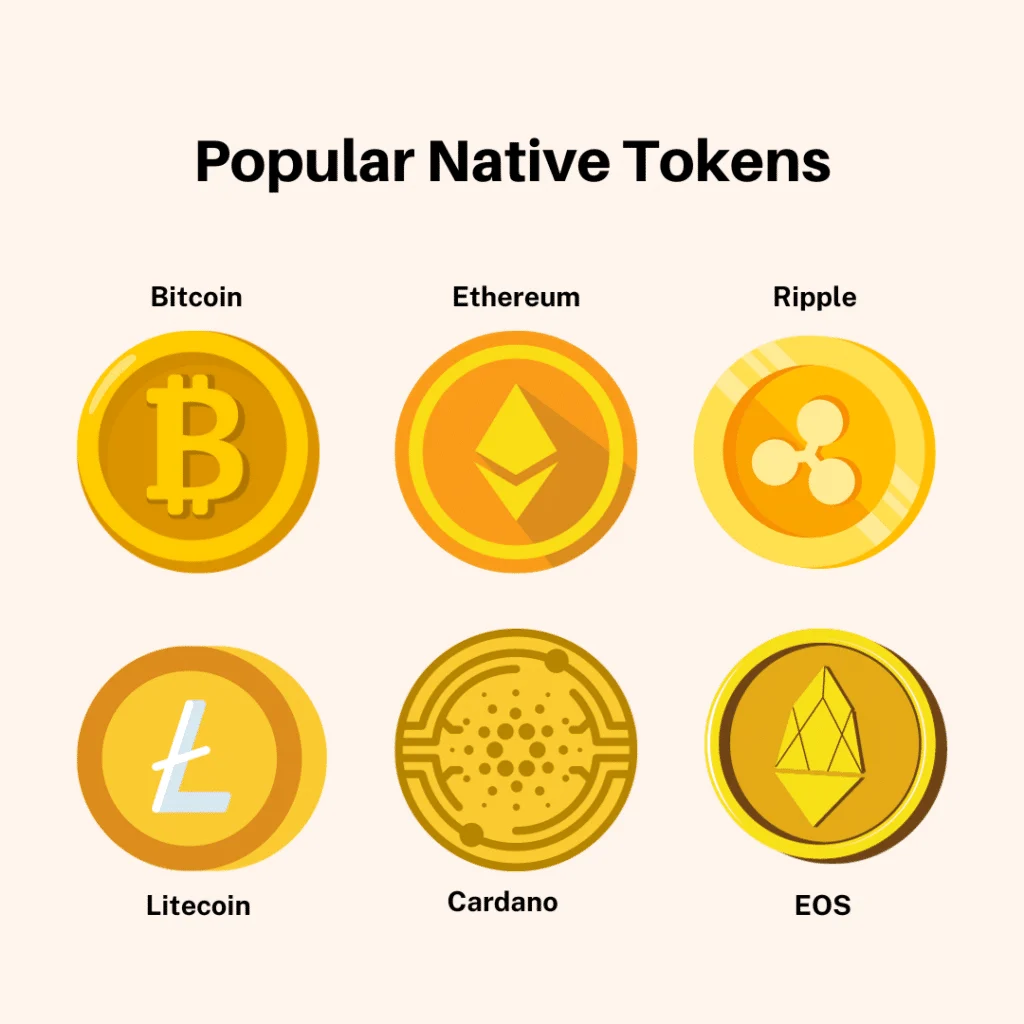What is a Native Token?
A native token is a blockchain-based digital asset. It is the currency created by the blockchain for payments needed to maintain the blockchain.
Native tokens are used for a variety of different purposes, such as providing users with access to the platform, enabling the execution of smart contracts, and providing a medium of exchange. Native tokens are often issued through an initial coin offering (ICO) or a token sale.
The longer definition
Cryptocurrencies are a form of digital asset designed to be used as an exchange medium. Native tokens are a subset of cryptocurrencies. They are designed to be used as the native tokens of a particular blockchain platform.
Native tokens are typically issued on their own blockchain platform and are not dependent on any third party. This makes them different from non-native tokens, which are typically issued on top of existing blockchain platforms.
Native tokens are typically used to access the platform, as well as to pay for transaction fees. They can also be used for staking and as a medium of exchange. Native tokens are often used to fund projects and to reward developers.
Types of Native Tokens
Native tokens can be divided into two main types: utility tokens and security tokens.
Utility tokens are designed to be used as a medium for accessing the platform’s services. They can also be used for staking and as a medium of exchange. Utility tokens are typically issued through an initial coin offering (ICO) or a token sale.
Security tokens represent ownership of a particular asset or company. They can also be used as a medium of exchange, but their primary purpose is to provide users with a stake in a particular asset or company. Security tokens are typically issued through a security token offering (STO).
Uses of Native Tokens
Native tokens can be used as a medium of exchange and as a way to access the platform’s services.
They can also be used for staking and to reward developers.
And they can be used to fund projects, to incentivize user engagement, and to create new markets and tokens.
Native tokens can also be used to create a decentralized autonomous organization (DAO). A DAO is a decentralized organization that is controlled by its members. Members of a DAO are typically rewarded with native tokens for participating in the organization’s activities.

Popular Native Tokens
There are several different native tokens that have become popular in the cryptocurrency market. Some of these include Bitcoin (BTC), Ethereum (ETH), Ripple (XRP), Litecoin (LTC), Cardano (ADA), and EOS (EOS). The first two are the most popular.
Bitcoin (BTC) is a decentralized digital currency native to the Bitcoin blockchain. It is designed to be used as a medium of exchange. As the first cryptocurrency to go mainstream, it has become the most popular and enjoys the largest market capitalization in the space.
Ether (ETH), on the other hand, is native to the Ethereum blockchain. This is a decentralized platform that enables the execution of smart contracts. It is home to the largest decentralized finance (DeFi) ecosystem. Ether (ETH), which is used to access the platform’s services, also enjoys widespread popularity.
Benefits of Native Tokens
Native tokens offer several different benefits to users. They can be used to access the platform’s services, reward developers, fund projects, incentivize user engagement and create new markets and tokens. They can also be used to create cryptocurrency exchanges and wallets, to facilitate payments, and to provide liquidity for different assets.
Security Benefits
Native tokens are typically issued on their own blockchain platform and are not dependent on any third-party. This makes them more secure and trustworthy than non-native tokens, which are typically issued on top of existing blockchain platforms. Additionally, native tokens can be used to create a DAO, which is a decentralized organization that is controlled by its members. This provides users with increased security and transparency.

Value of Native Tokens
The value of native tokens is determined by supply and demand, utility, and the overall value of the platform.
The supply and demand of native tokens are determined by the number of tokens issued and the number of tokens bought and sold.
Additionally, the utility of native tokens is determined by the platform’s use cases, the platform’s development roadmap, and the platform’s overall value proposition. The overall value of the platform is determined by the platform’s performance, security, and user adoption.
The value of native tokens can also be influenced by external factors, such as the overall state of the cryptocurrency market, news, and regulations.
Staking a Native Token
Staking is a way to earn passive income by holding native tokens. This allows users to earn rewards in exchange for locking up their native tokens in a designated wallet. This allows users to earn rewards without having to actively trade or invest in the market.
Staking rewards are typically paid out in the form of the native token, but they can also be paid out in other forms, such as other crypto tokens. The rewards that can be earned through staking depend on the number of native tokens that are staked and the length of time that the tokens are staked.

Tools and Resources for Investing in a Native Token
These tools and resources include cryptocurrency exchanges, wallets, and research platforms.
Cryptocurrency exchanges are platforms that enable users to buy and sell native tokens.
Crypto wallets are digital wallets that enable users to store and manage their native tokens.
Research platforms provide users with market data, news, and analysis.
Regulations that Impact a Native Token
The regulations impacting native tokens vary from country to country. In some countries, native tokens are regulated as securities, while in other countries, they are unregulated. It is important to research the regulations in your country before investing in native tokens–learn before you leap.
Challenges of Native Tokens
Challenges include scalability, security, and regulations.
Scalability refers to the ability of the platform to handle a large number of transactions. As the number of transactions on the platform increases, it can become difficult for the platform to process them in a timely manner.
Security refers to the ability of the platform to protect users’ funds from malicious actors. It is important to research the security measures that the platform has in place to protect users’ funds.
Regulations vary from country to country, so be sure to research the regulations in your country before investing in native tokens. And research the platform’s regulations.
